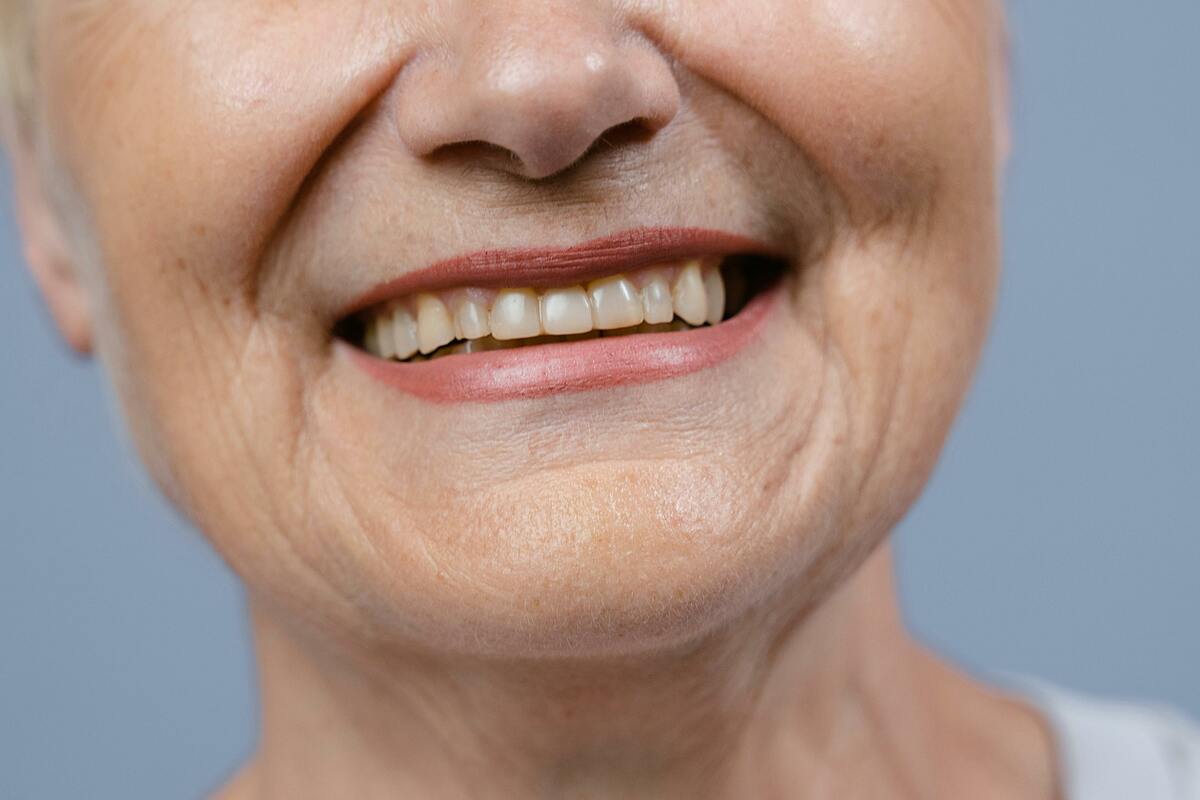98-year-old Yuki Higa, a resident of Ogimi village in Okinawa, Japan, is a prime example. Every morning, she chews roasted soybeans and enjoys steamed vegetables as part of her traditional diet. A former weaver, Higa now lives alone in a small wooden house overlooking the mountains. Her robust chewing, clear conversations, and lack of regular medical assistance caught the attention of the Okinawa Centenarian Study, a 40-year project researching longevity on the island with the world's highest proportion of centenarians.
What intrigued the research team was Higa's stable health and near-complete set of natural teeth. Dr. Craig Willcox, a co-author of the project, told PBS that Higa's ability to chew hard foods at 98 is rare among older adults in many other countries.
Higa's story is not unique. Researchers are increasingly focusing on the link between oral health and longevity. Scientific evidence suggests that retaining many natural teeth into old age reflects good overall health and slower aging.
A 2020 study published in Scientific Reports found that centenarians in Germany had more natural teeth than average and maintained basic chewing ability. Dr. Andreas Zenthöfer, the lead author, noted, "Teeth are not just for enjoying food, they also reflect nutritional status, levels of chronic inflammation, and the body's resilience."
Keeping teeth into old age indicates effective oral hygiene, a stable immune system, and a lower risk of gum disease or periodontitis. These factors are closely linked to conditions like cardiovascular disease, diabetes, and even Alzheimer's. The bacteria that causes periodontal disease (Porphyromonas gingivalis) has been found in the brain tissue of some Alzheimer's patients, leading scientists to hypothesize a connection between chronic oral infections and neurodegenerative diseases.
A 2025 study in JMIR Aging showed that people in their 80s with 20 or more natural teeth were 15% more likely to reach 100 than those who had lost all their teeth. The authors suggested that the number of natural teeth could be a potential biomarker reflecting the aging process and overall health.
The link between the number of natural teeth and longevity was also noted in a 2021 Uppsala University, Sweden study. Researchers analyzed data from over 3,000 older adults and found that tooth loss was linked to an increased risk of premature death, even after controlling for factors like smoking, diet, and underlying diseases.
In the systematic review "Oral Health and Older Adults: A Narrative Review" (Dentistry Journal, 2024), Martin S. Lipsky's research team emphasized that oral health isn't an inevitable consequence of aging. They argued it's an active factor influencing the overall health of older adults. Tooth loss or periodontal disease can lead to fiber deficiency, malnutrition, and an increased risk of chronic diseases like cardiovascular disease, diabetes, immune deficiency, and cognitive decline.
 |
Experts have found that people who live longer often retain their natural teeth. *Photo: Pexel* |
Genetically, some people are born with stronger enamel and gums, for example, carrying the AMELX or ENAM gene variants that protect enamel against acid. However, according to Dr. Willcox, lifestyle is the ultimate deciding factor. Okinawans eat a lot of vegetables, consume little sugar and processed food, drink green tea, and traditionally rinse their mouths with salt water after meals.
Additionally, factors such as the proportion of beneficial bacteria in the oral cavity, saliva pH, and frequency of oral hygiene contribute to a stable environment for long-term tooth retention. A Harvard University study indicated that those who brush their teeth at least twice daily and have regular dental checkups have a 20% lower risk of cardiovascular disease compared to those with poor oral hygiene.
In Japan, community dental programs from elementary school through old age have contributed to maintaining long-term oral health. The government considers oral care part of its national healthy aging strategy. Similar programs in Norway and Sweden have also helped reduce tooth loss in older adults over the past two decades.
Therefore, retaining natural teeth into old age isn't just about aesthetics or convenient eating. Scientists believe it's a lasting sign of a healthy body with low inflammation and resilience against aging.
Thuc Linh (*Via PBS, Scientific Reports, Science*)












